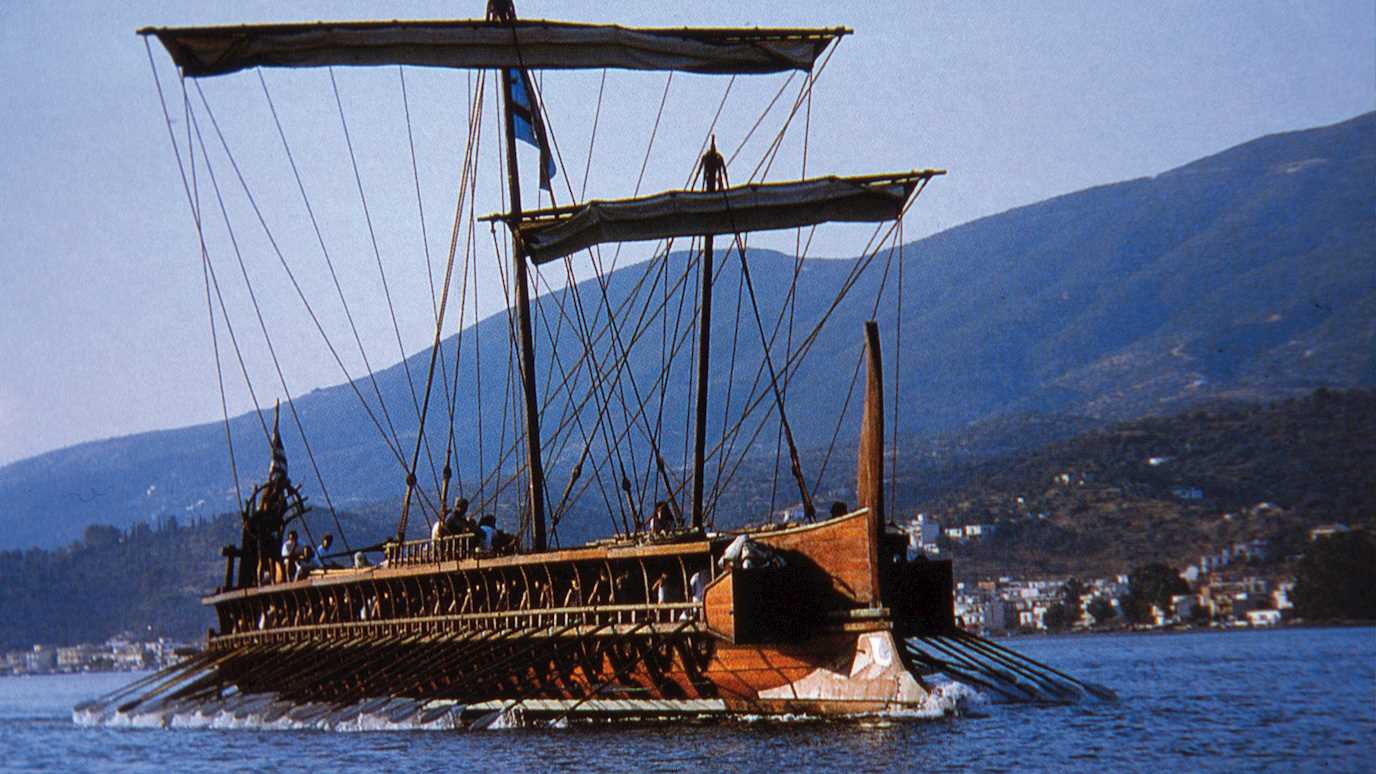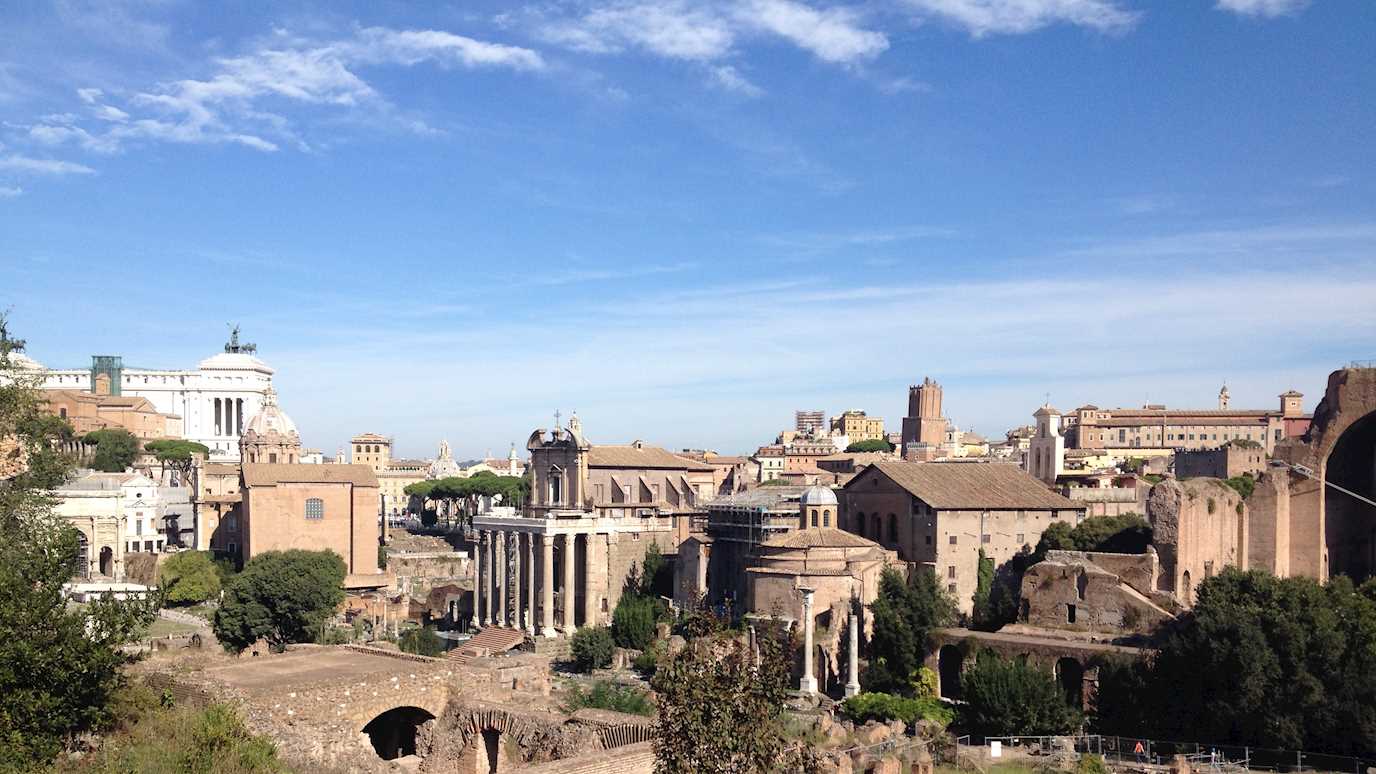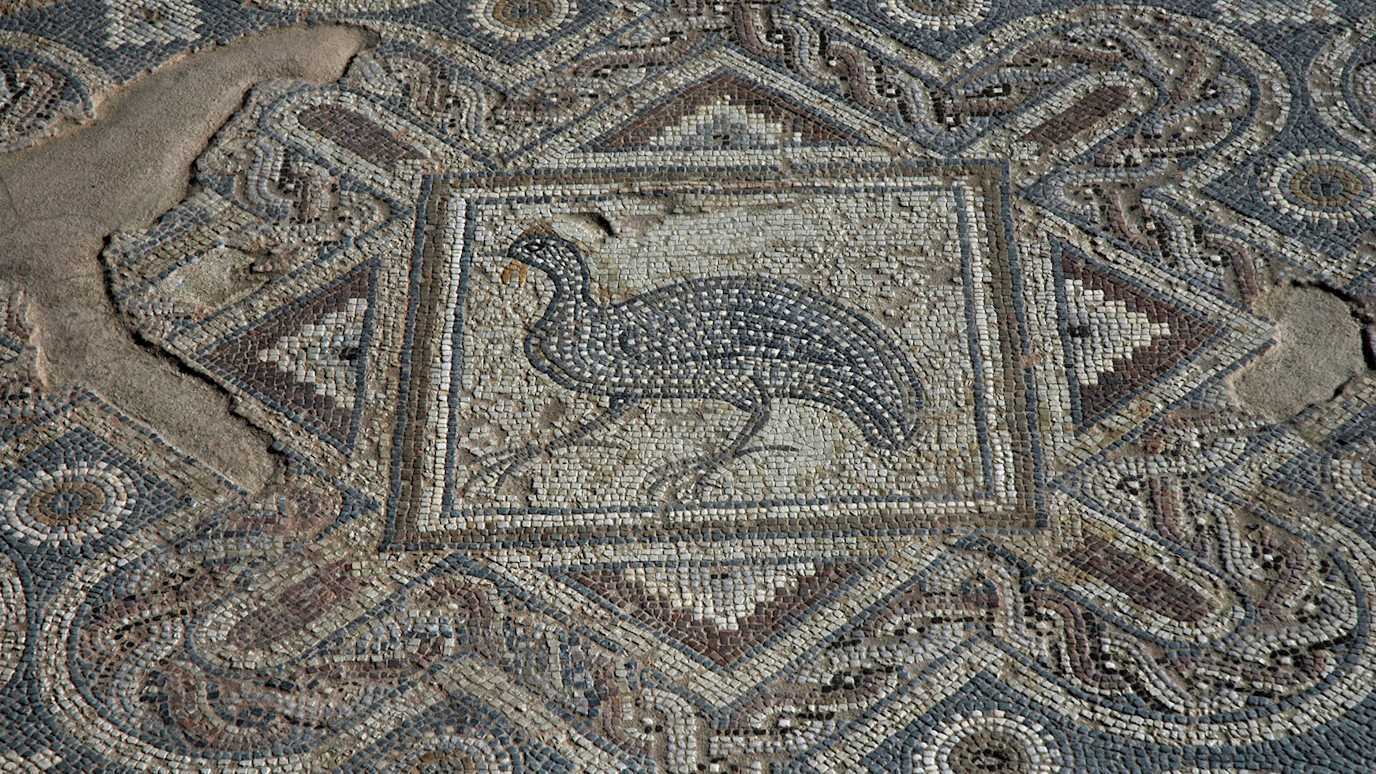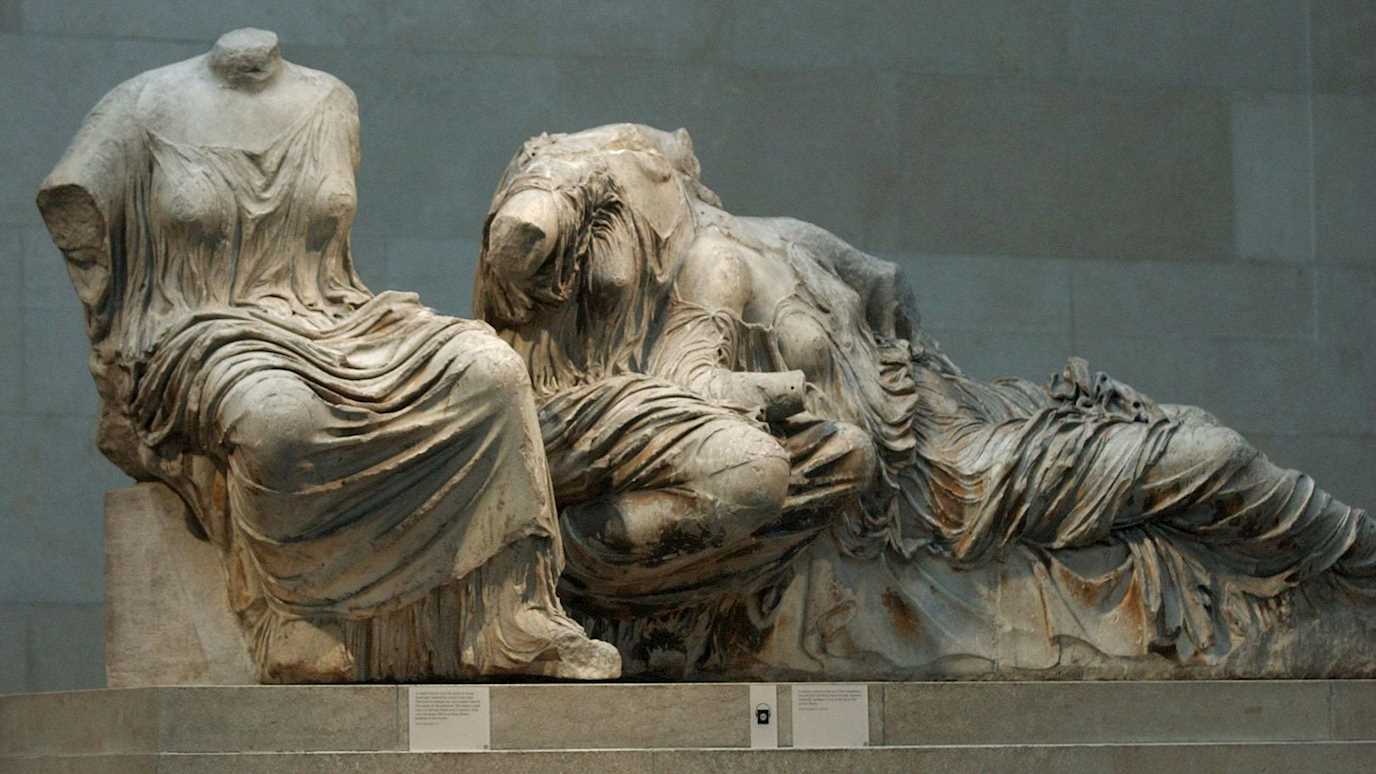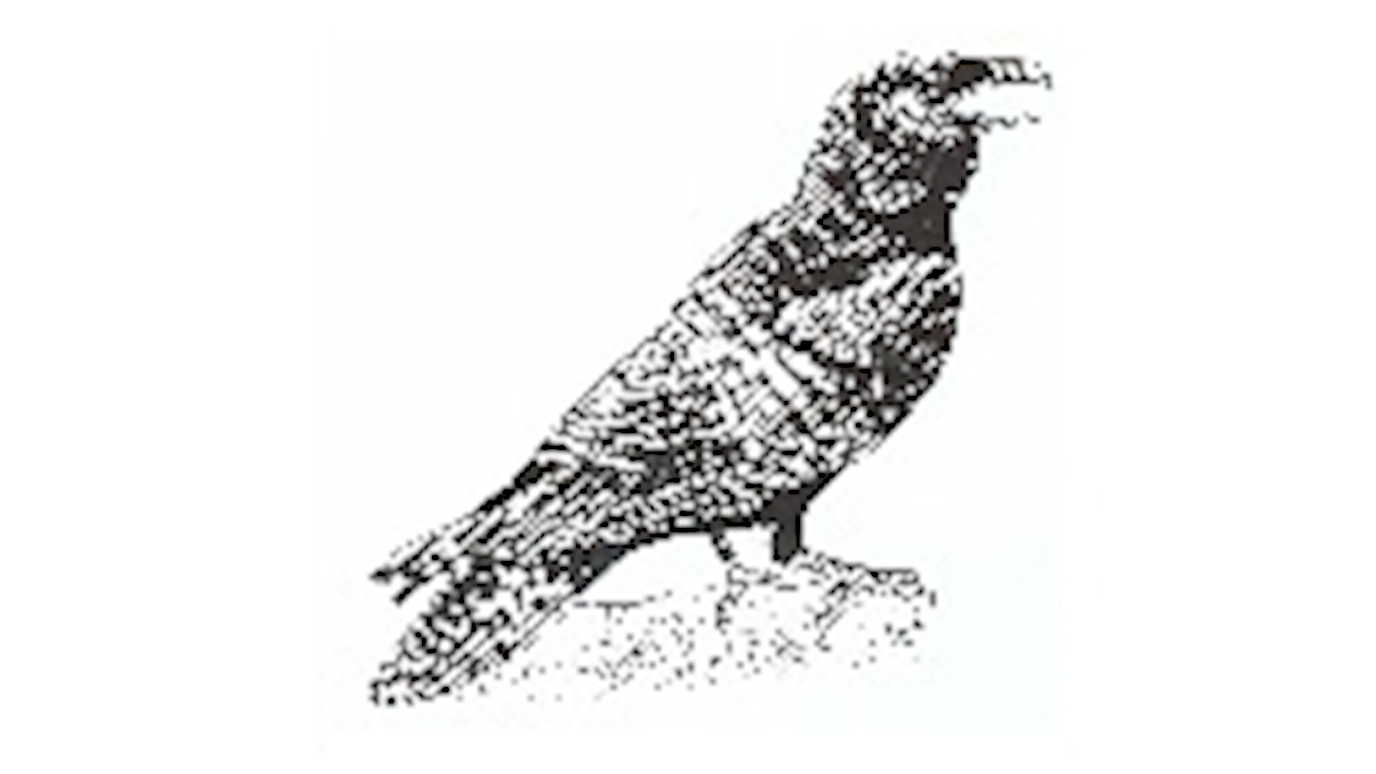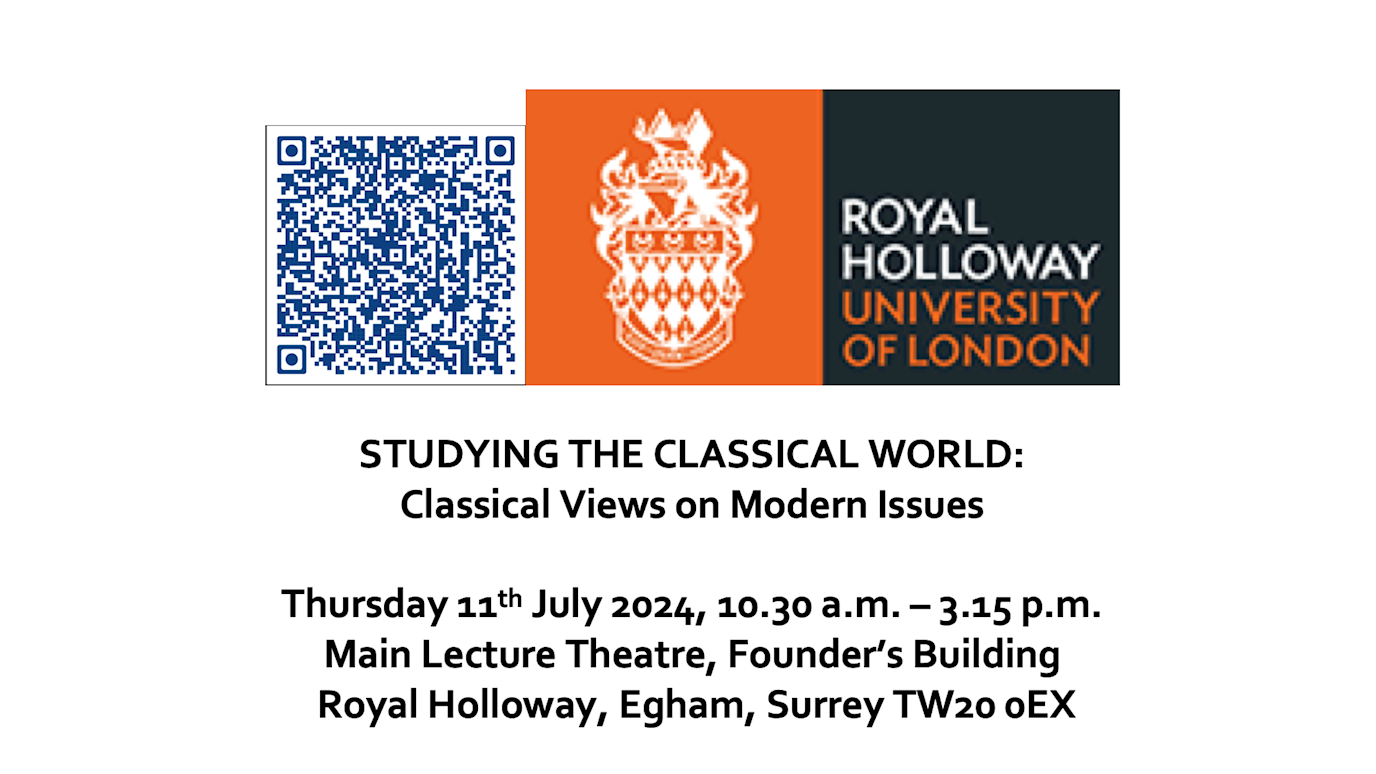Dr Rowan’s work on Roman food remains, often recovered from ancient sewers, has led her to contribute to a History Channel article on the use of toilet paper
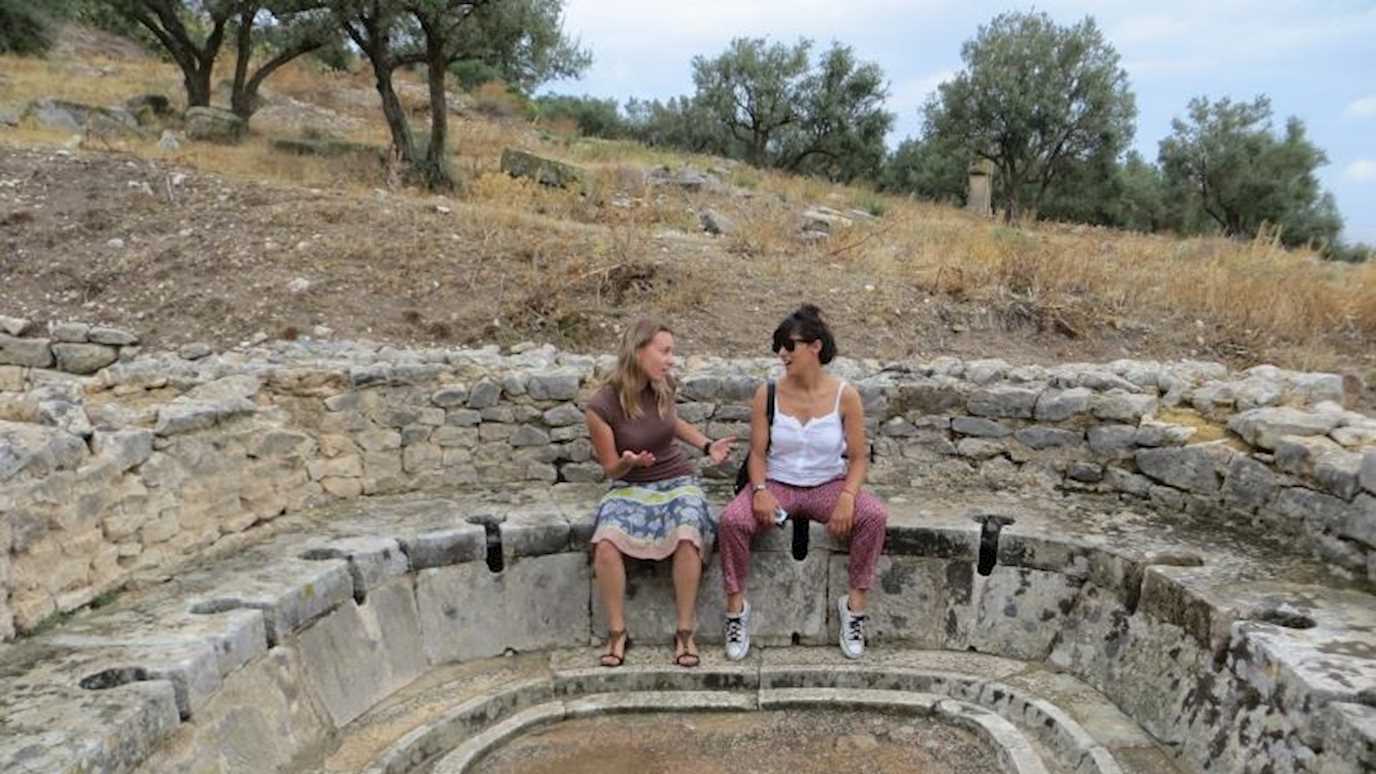
Dr Erica Rowan and a friend share some gossip on the loo!
Ancient Roman food remains are recovered from all sorts of archaeological contexts; kitchens, hearths, floors, storerooms and rubbish dumps. Some of the best material, however, comes from ancient sewers and toilets. Since this material is deposited by people immediately upon going to the toilet, it allows us to workout exactly what people were eating, how they were flavouring their food, and what dietary choices they were making. Researching this valuable food waste has given Dr Rowan a unique insight into the complex history of toilet use and toilet paper.
In a recent article on the History Channel website, All the Ways We’ve Wiped: The History of Toilet Paper and What Came Before, Dr Rowan discusses the Roman use of toilet paper and some of the unique, and quite usual Roman practices of going to the toilet. She explains what while the famous sponge-on-a-stick may actually have been a toilet brush, there is some evidence that cloth was used as well. She goes on to state that Roman public toilets would have been very different from our own; these multi-seater toilets, sometimes with up to 50 seats, lacked the privacy we value so highly today. You’d be sitting right next to your neighbour, with nothing to block to sight, sounds and smell!
You can read the full article here.










